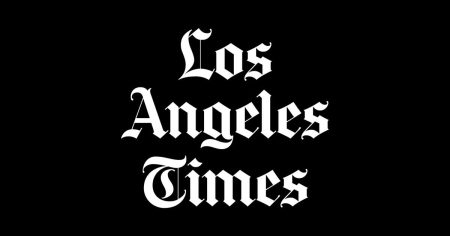The recent comments made by Friedrich Merz, a prominent German politician and leader of the Christian Democratic Union (CDU), have sparked significant interest and debate across Europe, particularly in France, Germany, and the United Kingdom. Merz’s suggestion to discuss nuclear protection with the British and French governments has been met with a mix of surprise and cautious optimism, as it touches on sensitive issues of European security, transatlantic relations, and the growing concerns about the reliability of the U.S. nuclear umbrella. For decades, Europe has relied heavily on the United States for its defense needs, but the shifting geopolitical landscape and recent statements from American officials have raised questions about the future of this arrangement. Merz’s remarks, while controversial, have been seen as a bold step toward rethinking Europe’s defense strategy and fostering greater collaboration among its key powers.
The reaction to Merz’s comments has been particularly noteworthy in France, where politicians, officials, and analysts have welcomed the idea as a overdue recognition of the need for Europe to take a more active role in its own security. A French official working on military policy, who wished to remain anonymous, described the move as a significant shift, noting that such a stance from a future German chancellor would be unprecedented in the post-World War II era. The official emphasized that this development is commensurate with the shock caused by recent American statements, which have led to growing unease about the U.S. commitment to European defense. This sentiment reflects a broader feeling across Europe that the continent can no longer afford to rely solely on its transatlantic partner and must instead take greater responsibility for its own security.
Jean-Louis Thiériot, a former French deputy defense minister and current member of the National Assembly’s defense committee, described Merz’s intervention as “striking.” He highlighted the seriousness with which Merz views the risk of decoupling from the U.S. and the potential end of the American nuclear umbrella. Thiériot noted that this marks a significant change from the past, when European efforts in defense were often dismissed or overlooked, particularly in comparison to the nuclear arsenals of the U.S. or Russia. “That’s a big change from the old days, when we weren’t taken very seriously, especially in terms of volume,” he said, referencing past criticism that France’s nuclear capabilities were not on the same scale as those of the U.S. or Russia. However, he also pointed out that this moment underscores the seriousness of the situation within the NATO alliance and the growing recognition of the importance of French and British deterrence.
The perceived shift in Germany’s stance on defense has been interpreted by many as a positive development, albeit one born out of necessity. For decades, Europe has allowed its defense capabilities to lag, often under the guise of transatlanticism, leaving key decisions to the U.S. This reliance has been reinforced by the comfort of the American nuclear umbrella, which has provided a sense of security without requiring Europe to invest heavily in its own defense infrastructure. However, the changing dynamics of global geopolitics and recent statements from U.S. officials have jolted Europe into rethinking this approach. As one French official put it, “In many ways, what’s happening is a bit positive. For decades, under the guise of transatlanticism, we’ve been losing interest in defense and letting the U.S. decide. It’s also an opportunity for Europe to take matters into its own hands.”
Merz’s comments have also been seen as a reflection of the growing recognition that Europe cannot continue to rely on the U.S. in the same way it has in the past. The U.S. has long been the backbone of NATO’s defense strategy, but shifts in American foreign policy and the growing focus on challenges in the Indo-Pacific region have raised questions about its commitment to European security. This has left many European governments scrambling to reassess their defense strategies and consider new ways to enhance their own capabilities. The idea of greater collaboration between France, Germany, and the U.K. on nuclear protection is seen as a potential step toward achieving this goal, though it is not without its challenges.
The broader implications of Merz’s remarks extend beyond immediate defense strategy to touch on the future of European cohesion and the balance of power within the NATO alliance. While some have expressed skepticism about the feasibility of greater European collaboration on such a sensitive issue, others see it as an opportunity to strengthen ties and reduce reliance on the U.S. As Thiériot noted, “This shows both the seriousness of the situation within the alliance and the seriousness with which French and British deterrence is taken.” The coming years will be critical in determining whether Europe can successfully navigate this shift and establish itself as a more independent and self-reliant force on the global stage. For now, Merz’s comments have served as a catalyst for a much-needed conversation about Europe’s future and its place in the ever-changing landscape of global security.









